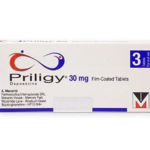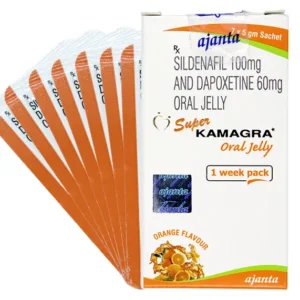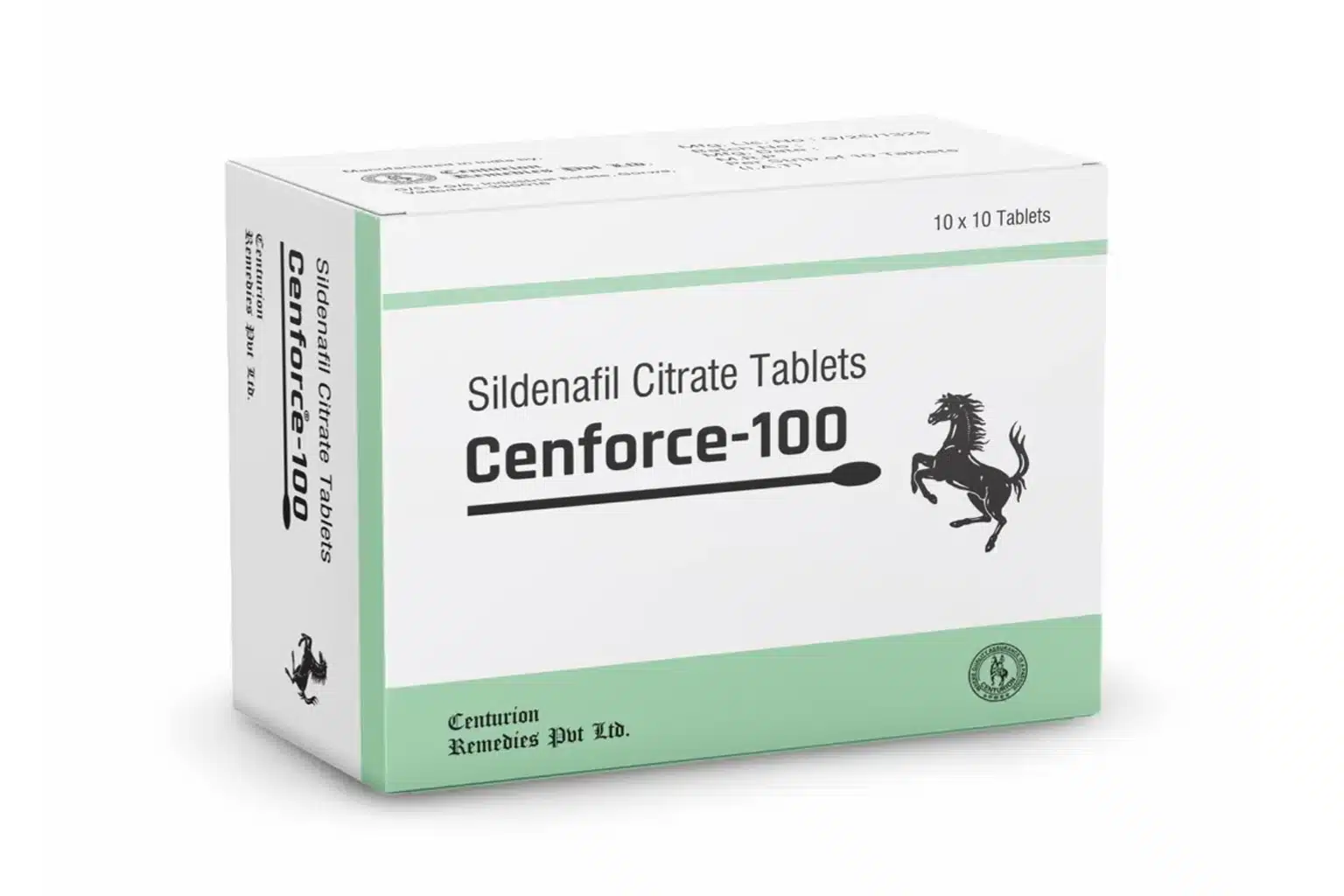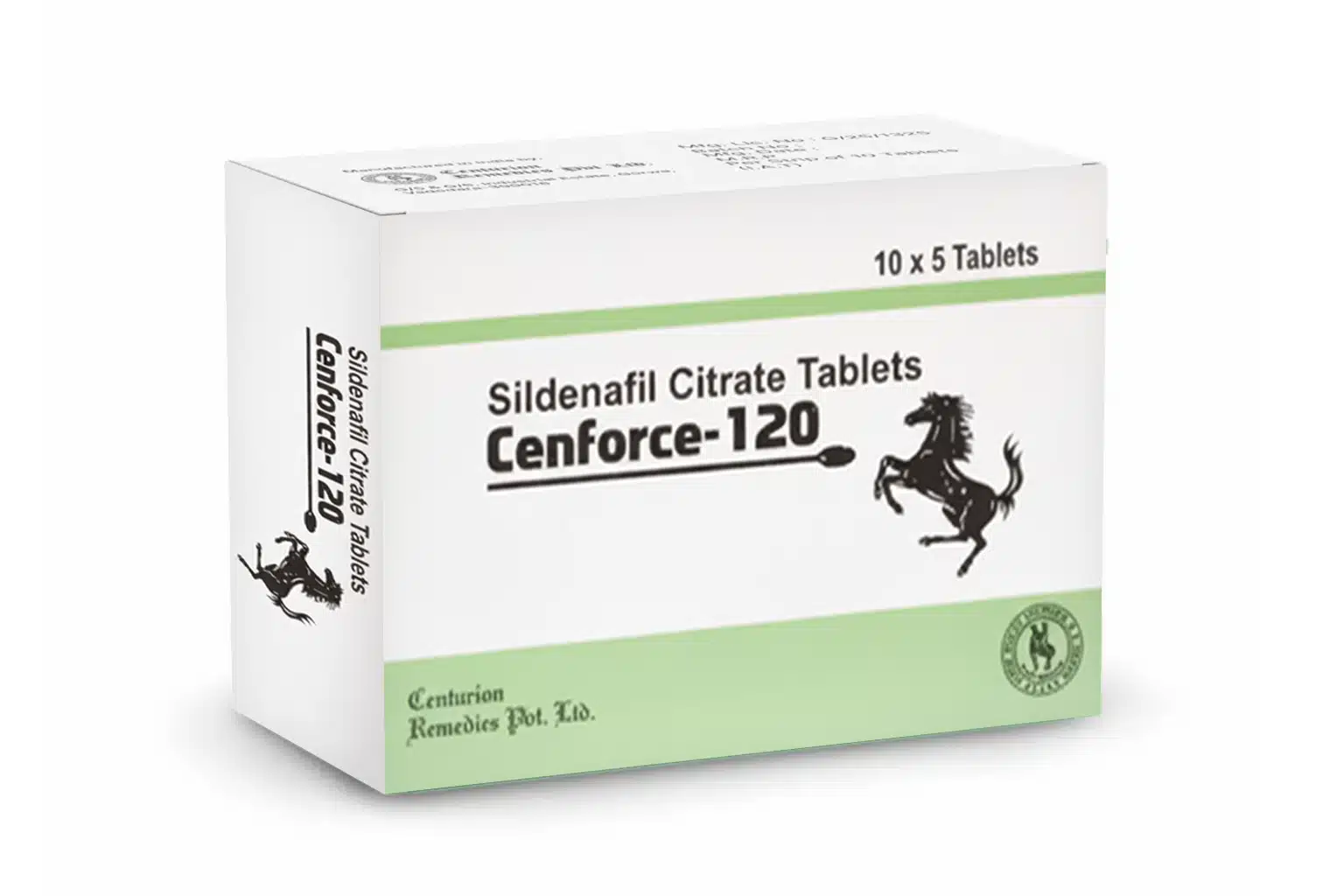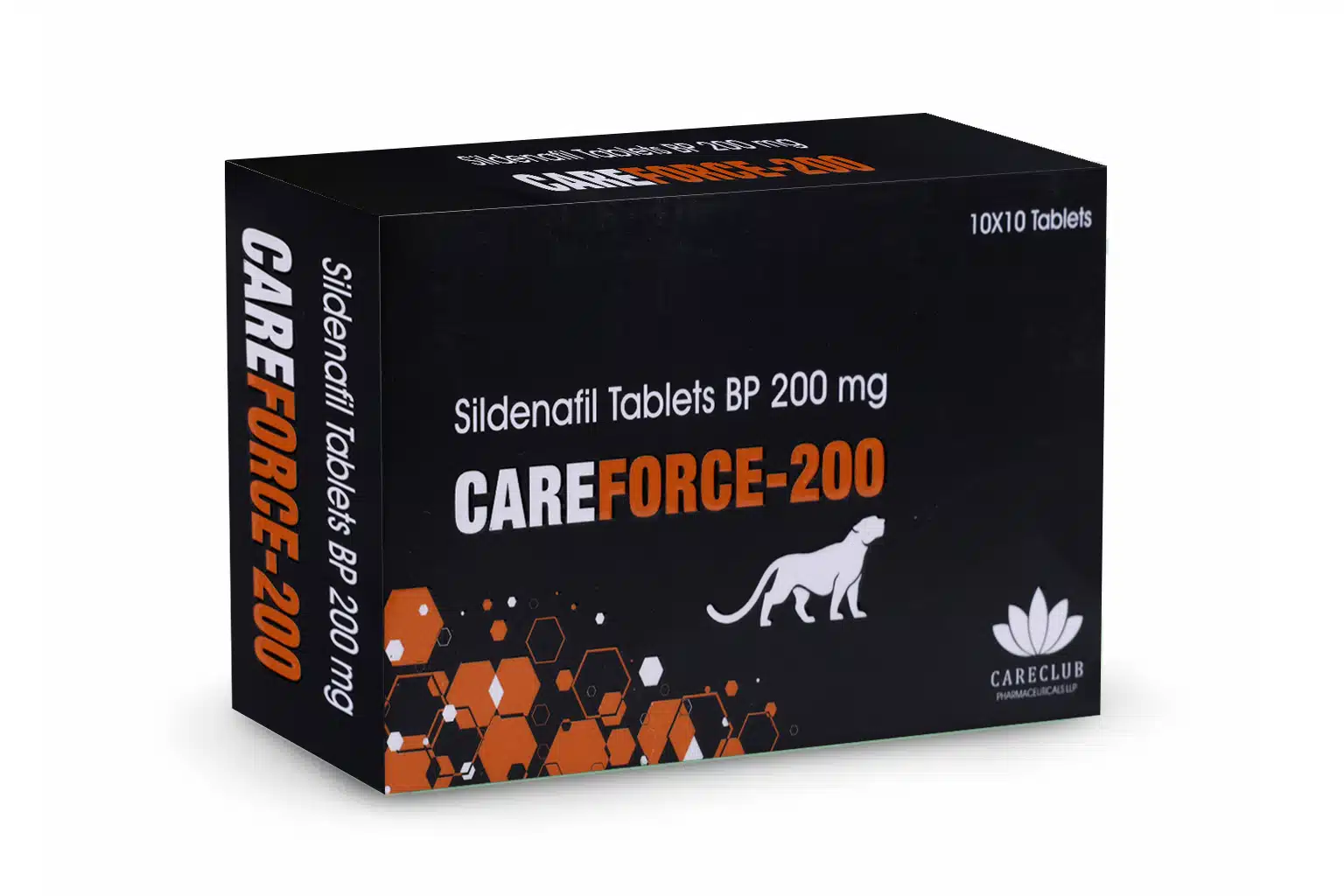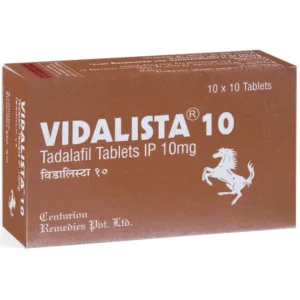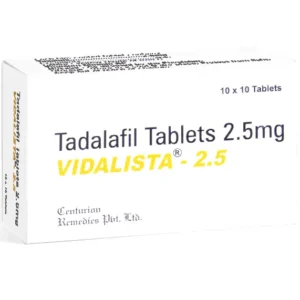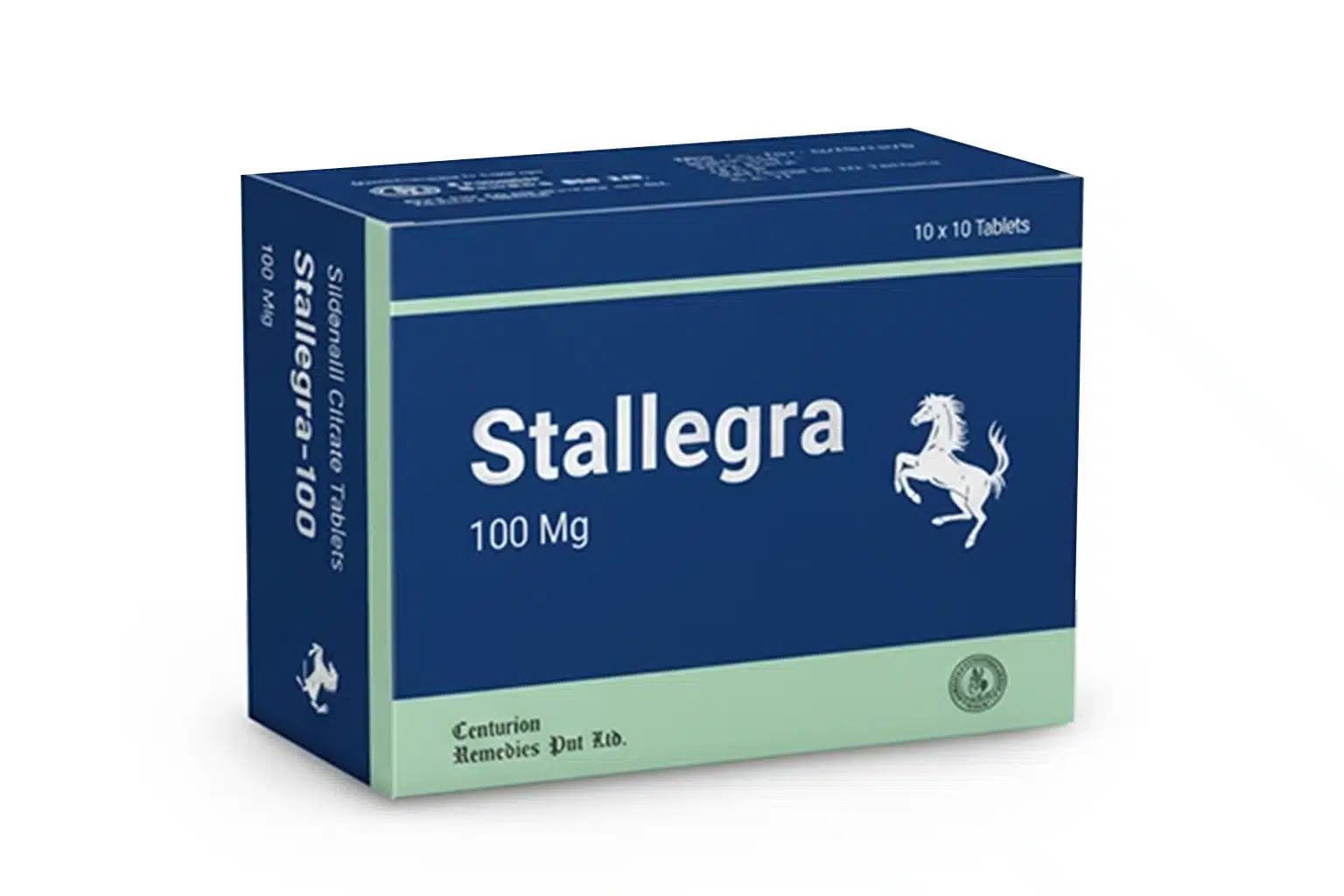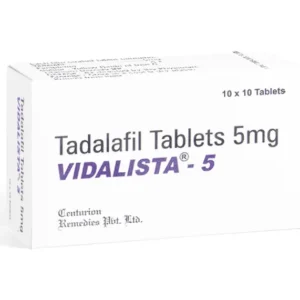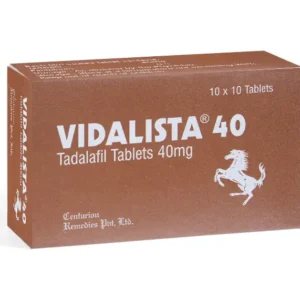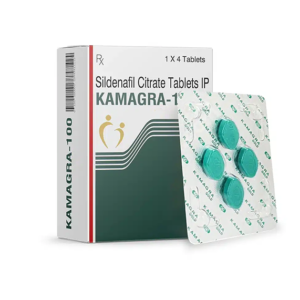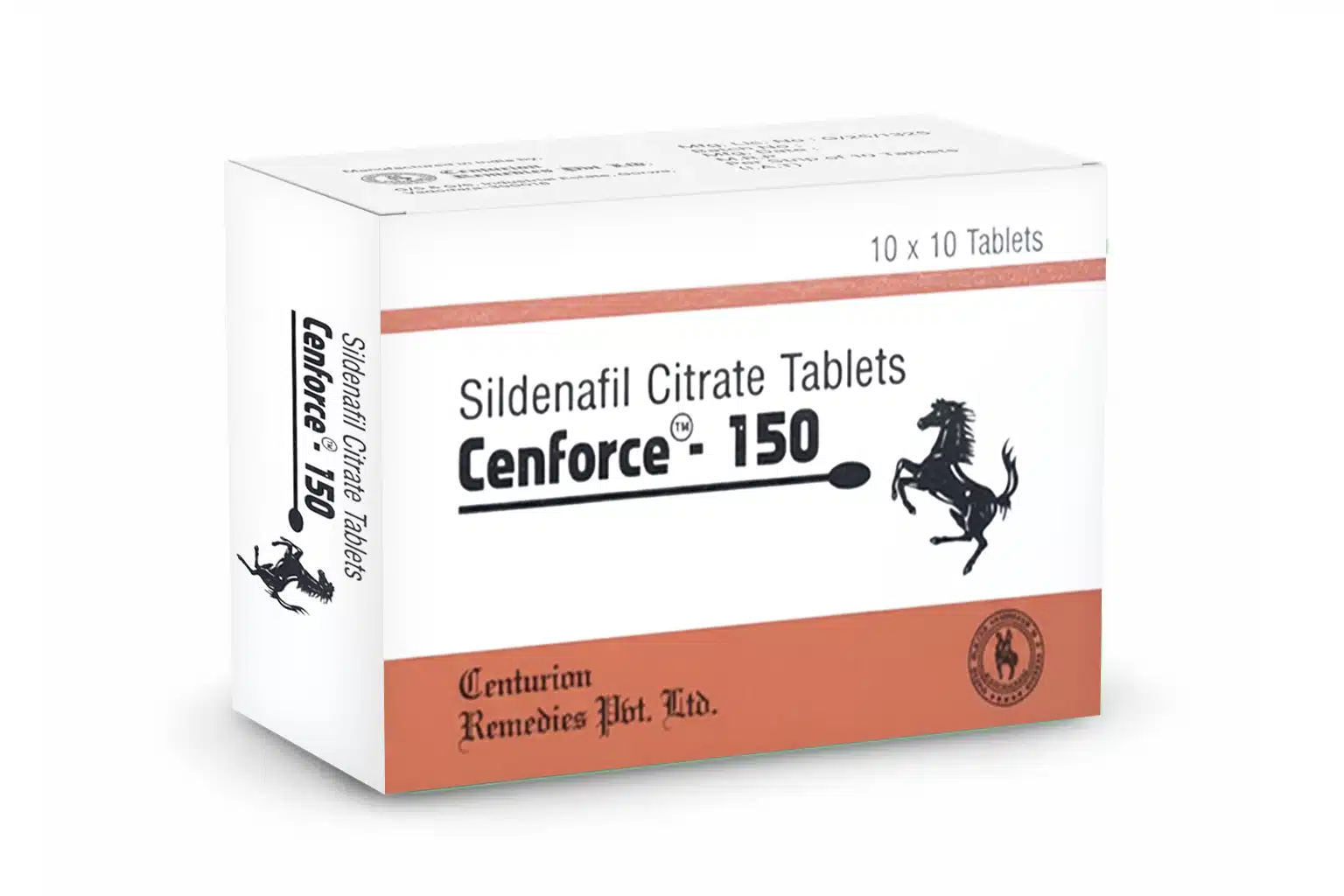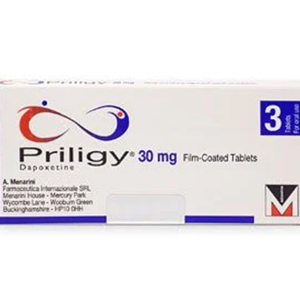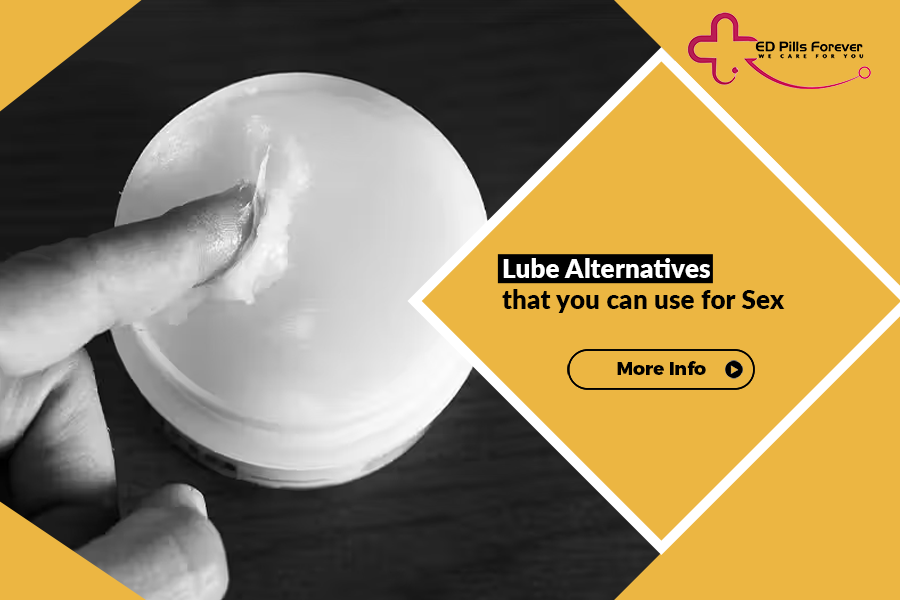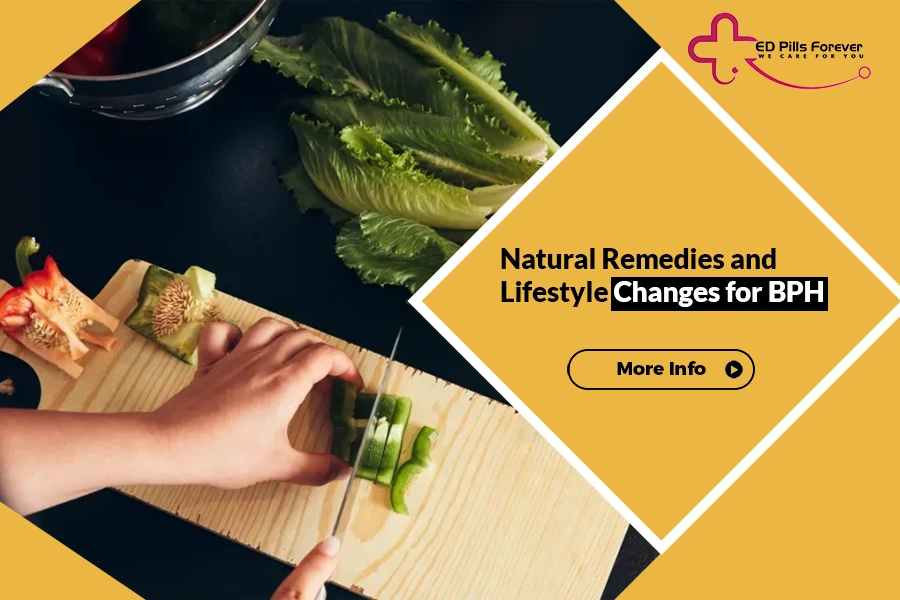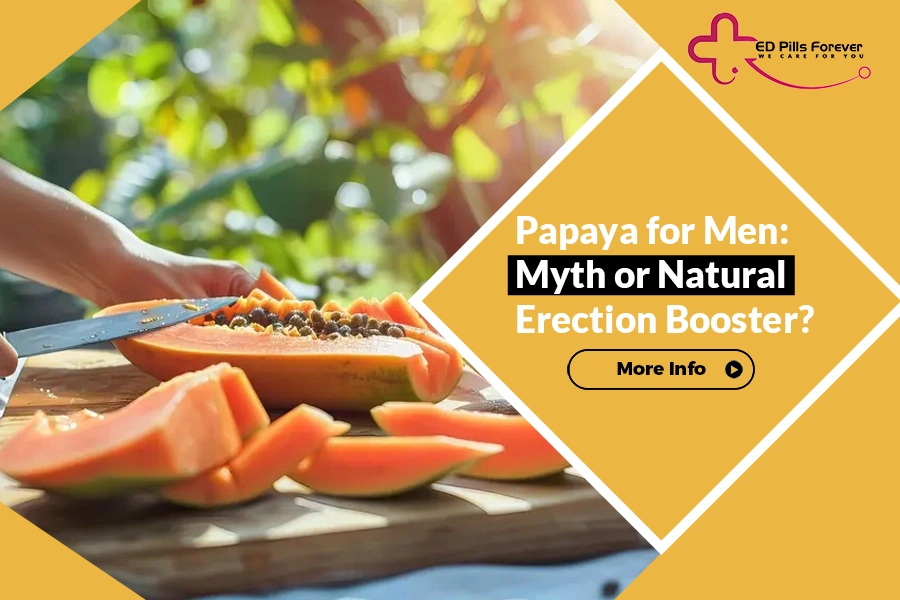Nuts and seeds are small nutritional powerhouses: dense in healthy fats, protein, vitamins, minerals, and antioxidants. Because reproductive health and sexual performance are closely linked to metabolism, vascular function, and hormones, people often ask whether a simple swap, eating a handful of nuts each day, can actually boost testosterone, improve erectile function, or raise fertility. Short answer: Nuts and seeds can help parts of the reproductive picture (especially sperm quality and vascular health), but they’re not a magic testosterone pill.
Why nuts and seeds might matter for male sexual health
Three biological reasons make nuts and seeds plausible candidates to support male reproductive health:
Nutrient density. Many nuts and seeds are rich in nutrients linked to sperm production and sexual function — selenium (Brazil nuts), zinc (pumpkin seeds), magnesium (almonds, cashews), vitamin E (almonds, hazelnuts), omega-3 fats (walnuts), and arginine (walnuts, almonds). These nutrients play roles in spermatogenesis, antioxidant defense, and endothelial (blood vessel) function.
Healthy fats and hormones. Testosterone is synthesized from cholesterol and depends on lipid metabolism. Diets extremely low in fat have been associated with lower testosterone in men, while diets with adequate healthy fats support hormone production. Nuts provide monounsaturated and polyunsaturated fats that support overall metabolic health.
Vascular and antioxidant effects. Erectile quality depends on good blood flow. Nuts and seeds improve lipid profiles, reduce oxidative stress, and supply arginine (a precursor to nitric oxide), all of which can help vascular health and, therefore, sexual function.
Those mechanisms create biological plausibility — and that’s why researchers have tested nuts and seeds in randomized trials and population studies. Below, I summarize what the best studies show.
What the human studies and reviews say
Nuts and sperm quality (male fertility)
Multiple randomized trials and a recent systematic review/meta-analysis show a consistent signal: adding nuts (usually ~60 g/day or a couple of servings) to a typical Western diet improves several sperm parameters — motility, vitality, and morphology. These changes are considered meaningful because they predict fertility outcomes better than many single nutrients alone. A 2024 systematic review and meta-analysis concluded that including at least two servings of nuts daily improves sperm parameters in healthy men.
A landmark trial that often gets cited fed men a walnut-enriched diet and observed improvements in sperm motility and morphology compared to control diets. That study and similar randomized trials support the idea that whole-food nut interventions (not single-nut supplements) produce measurable benefits to semen quality.
Bottom line: Strongest evidence for fertility benefit is on sperm quality — eat nuts as part of an overall healthy diet and you’ll likely see better semen parameters than with a typical Western diet alone.
Nuts, erectile function, and sexual performance
Research here is encouraging but smaller. A randomized dietary trial found that daily pistachio consumption improved erectile function scores and some vascular markers in men with erectile dysfunction. Other controlled studies and reviews suggest that nut consumption improves endothelial function, lipid profile, and markers of vascular health — all helpful for erections. A 2019 review of nut consumption and sexual function noted improvements in sexual desire and some erectile parameters in nut-supplement studies.
Important nuance: Many erectile-function improvements seen in trials likely reflect better blood flow and reduced oxidative stress rather than direct, large increases in circulating testosterone.
What about testosterone itself?
Direct evidence that daily nut intake raises circulating testosterone in men is limited. Most high-quality human work shows improvements in sperm quality and vascular function rather than big changes in testosterone levels. Dietary fat patterns do influence testosterone — very low-fat diets can lower testosterone — but substituting a small number of nuts into a normal diet doesn’t reliably produce large, clinically meaningful rises in serum testosterone by itself. Observational work suggests diets higher in healthy fats (including nuts) associate with more favorable testosterone patterns, but randomized data specifically tying nuts to testosterone rises are sparse.
Best Seller
Best Seller
Which nuts and seeds are best for male reproductive health?
If your goal is to support fertility, endurance, and vascular health rather than chase a hormone spike, these are especially useful:
Walnuts – rich in omega-3 ALA, antioxidants, and arginine; several trials show walnuts improve sperm motility and morphology.
Brazil nuts – extremely high in selenium; one or two Brazil nuts each day supplies enough selenium to support antioxidant defenses in the testes (selenium is important for spermatogenesis). Don’t exceed the recommended intake because selenium is toxic in excess.
Pistachios – linked in clinical studies to improved endothelial function and erectile scores in men with ED; they also provide arginine and antioxidants.
Almonds & hazelnuts – good sources of vitamin E, magnesium, and monounsaturated fats that support overall metabolic and vascular health.
Pumpkin seeds & sunflower seeds – high in zinc and magnesium, minerals that help sperm formation and hormonal balance.
A practical approach is variety: rotating 20–60 g of mixed nuts/seeds a day gives a complementary nutrient profile rather than a single-nut focus.
How much to eat and how to include them
- Dose used in many trials: roughly 60 g (about 2 ounces or a small handful) per day, often as part of a Western-style diet. That quantity has been the sweet spot in clinical studies for semen improvements.
- Calories matter: nuts are energy-dense — if you’re watching weight, factor nuts into your daily calories or replace another calorie source rather than just adding them on top of everything.
- Simple serving ideas: sprinkle chopped walnuts over yogurt, swap chips for mixed nuts as a snack, add pumpkin seeds to salads, or use almond butter on toast.
- Avoid salted/roasted overload: choose raw or dry-roasted nuts where possible and keep added salt or sugar low.
Practical benefits beyond hormones
- Improved sperm quality — motility, morphology, vitality.
- Better vascular function — nuts improve lipid profiles and endothelial markers, which help erectile physiology.
- Micronutrients for fertility — selenium, zinc, vitamin E, and magnesium found in nuts support testicular antioxidant defense and spermatogenesis.
What nuts won’t do
Don’t expect a large or immediate testosterone spike from a handful of nuts. If you have clinically low testosterone (symptoms + lab confirmation), medical evaluation and treatment are the appropriate route.
Nuts aren’t a standalone cure for erectile dysfunction. ED can be caused by diabetes, hypertension, medication side effects, psychological issues, or hormonal problems; nuts may help one part of the puzzle (vascular health), but they aren’t a replacement for medical care.
Practical plan you can try
- Baseline: note weight, waist circumference, alcohol intake, sleep, exercise habits, and sexual symptoms. If fertility is a concern, get a semen analysis and, if indicated, morning total testosterone.
- Diet adjustment: add ~60 g mixed nuts/day (walnuts + pistachios + a Brazil nut or two) while keeping calories stable (swap snacks rather than add).
- Lifestyle pairing: include resistance training, improve sleep, and reduce processed carbs & excess alcohol — these amplify benefits.
- Reassess: after ~12 weeks, get a repeat semen analysis or symptom check; consult your clinician if you have ongoing symptoms. Clinical studies typically used about 12 weeks to show semen improvements.
Safety notes and cautions
- Allergy warning: tree-nut and seed allergies can be severe. Don’t experiment if you have known allergies.
- Selenium caution (Brazil nuts): a single Brazil nut contains a large portion of the daily selenium requirement; avoid excess (generally 1–3 Brazil nuts/day is safe for most people, but don’t exceed long-term without checking).
- Calories: Nuts are calorie-dense — if weight loss is the goal, reduce other calorie sources when adding nuts, or keep portions small.
- Supplements vs whole foods: studies show whole-food nut interventions often outperform single-nutrient supplements for semen outcomes. Whole foods provide synergy of nutrients and antioxidants.
Bottom line
Nuts and seeds are one of the most evidence-backed whole-food strategies to support male reproductive health — especially semen quality and aspects of vascular-based sexual performance. They supply antioxidants and key micronutrients (selenium, zinc, vitamin E, magnesium), healthy fats, and arginine, which together improve sperm parameters and may help erectile physiology. However, nuts alone are unlikely to produce large testosterone spikes; for hormone disorders or erectile dysfunction, medical evaluation is still essential. For most men trying to improve fertility or stamina, daily mixed nuts (in sensible portions) are a simple, low-risk, and research-supported addition to a healthy lifestyle.
FAQs
1Q: What are the best nuts for male fertility?
A: Walnuts, Brazil nuts, pistachios, almonds, and pumpkin seeds are top choices because they provide omega-3s, selenium, zinc, vitamin E, magnesium, and arginine — all nutrients tied to sperm health and vascular function. Clinical trials used mixed-nut or walnut-focused interventions with beneficial results.
2Q: Will eating nuts raise my testosterone?
A: Nuts support many systems that help reproductive health, but direct and large increases in circulating testosterone from nut consumption alone are not well proven. Nuts are best viewed as part of a broader dietary and lifestyle approach that supports healthy hormones.
3Q: Can nuts improve erectile function?
A: Some trials (notably with pistachios) and reviews show improvements in erectile scores and endothelial markers after regular nut consumption. Improvements likely stem from better vascular health and reduced oxidative stress rather than hormonal spikes.
4Q: How much should I eat daily?
A: Many studies use ~60 g/day (about 2 ounces) to show semen benefits. If you’re calorie-conscious, 20–30 g/day of a mixed assortment still delivers meaningful nutrients.
5Q: Should I take nut oil or nut supplements instead?
A: Whole nuts offer fiber, protein, and a wider range of micronutrients and antioxidants than isolated oils or supplements. When possible, choose whole foods over extracts.
References
Cardoso BR, Salas-Huétos A, et al. Nut consumption and fertility: a systematic review and meta-analysis. 2024. — Found that including at least two servings of nuts daily improves sperm parameters in healthy men. PubMed Central
Robbins WA, Jensen TK, et al. Walnut supplementation and semen quality in men consuming a Western-style diet: randomized controlled trial. Biol Reprod. 2012;87(4):101,1-8. — A randomized trial showing walnuts improved sperm motility and morphology. OUP Academic
Aldemir M, Okulu E, Neşelioğlu S, et al. Pistachio diet improves erectile function parameters and serum lipid profiles in patients with erectile dysfunction. Int J Impot Res. 2011;23(1):32-38. — A clinical study linking pistachio consumption to improved erectile function and vascular markers. PubMed
Salas-Huétos A, et al. Effect of nut consumption on erectile and sexual function: systematic review and randomized trials overview. 2019. — Review summarizing evidence that nuts can improve sexual function via vascular and antioxidant mechanisms. PubMed Central
Office of Dietary Supplements (NIH). Selenium — Health Professional Fact Sheet. — Explains selenium’s role in male reproductive health and cautions about excess (relevant to Brazil nuts). Office of Dietary Supplements



